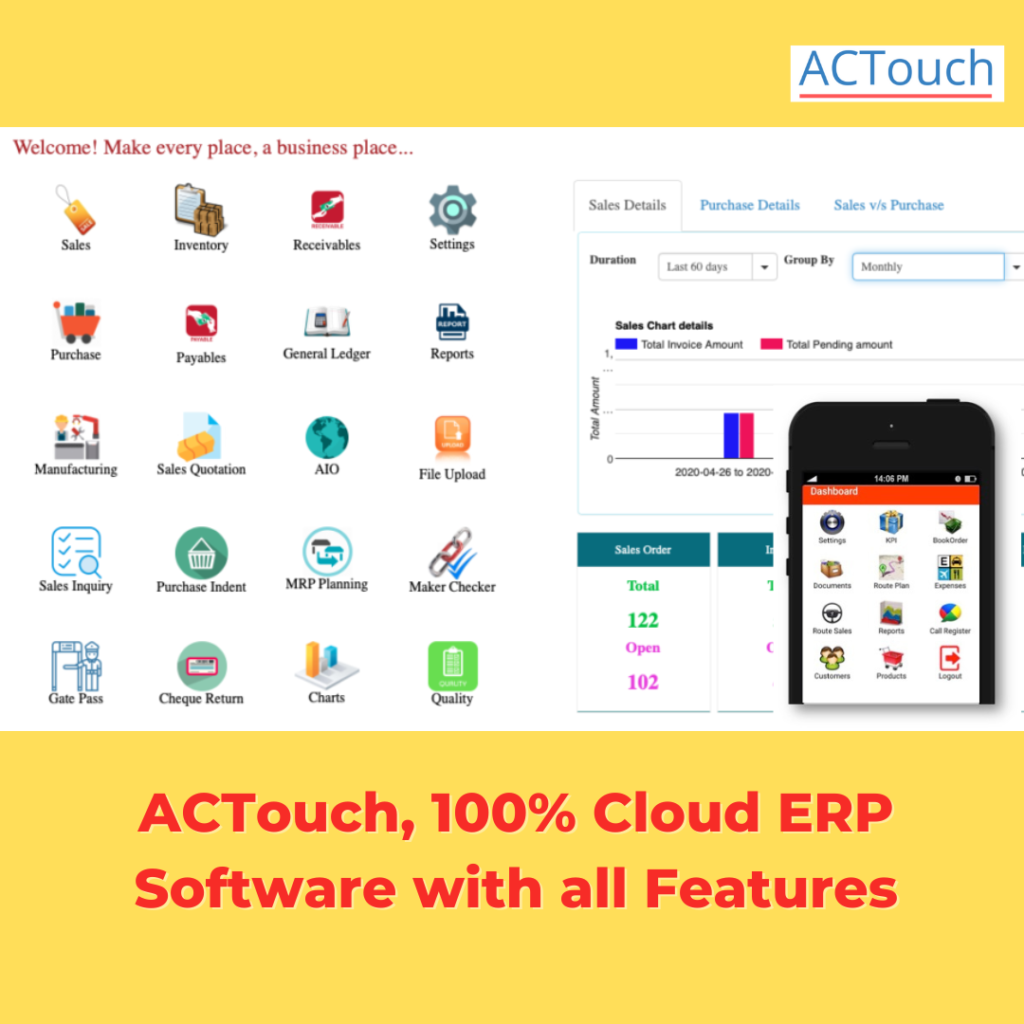Is Land an Asset: Unveiling the Value of Land in Business
What is an Asset?
An asset is a valuable resource or property that holds the potential to generate future economic benefits. Assets are the bedrock of a company’s financial stability and growth, and they can range from physical possessions to intangible rights. In simple term for the question of “is land an asset”, the answer is YES.
In Balance Sheet, we show both liquid assets and long-term investment / Fixed Assets. We also show intangible assetsassets like Goodwill or any Intellectual properties. Many of these expenses booking are shown in business Financial statements like income statement, Cash flow statement etc.
Land assets should have a clear title deeds of Land ownership with clear intention on how to use this either as part of building construction or Invested from investment perspective. This intention defines clearly “Is land an asset” question and how this needs to be treated.

Is Land an Asset?
Question is “is land an asset”, Yes, indeed. Land qualifies as one of the most fundamental and tangible assets a business can possess. It holds intrinsic value due to its potential for development, utilization, or resale. Land is not only a physical entity but also a reservoir of opportunities for businesses. Only difference is Land and Building are never depreciated and are always revalued based on current valuation.
What are Current Assets and Their Importance?
Current assets encompass resources that are expected to be converted into cash or used up within a short period, usually a year. They play a pivotal role in maintaining the liquidity and day-to-day operations of a business. Examples of current assets include cash, accounts receivable, and inventory. Operating margin, which signifies the profitability of core business activities, is influenced by efficient management of current assets like inventory and receivables.
What are Fixed Assets and Their Significance?
Fixed assets, also known as long-term assets, are those with a prolonged lifespan that contribute to a company’s operations over several years. These assets are crucial for production, service provision, and revenue generation. Examples of fixed assets include machinery, buildings, and, relevantly, land. EBIT (Earnings Before Interest and Taxes) margin formula evaluates operating profitability, where effective utilization of fixed assets like land can significantly impact the operating profit margin.
The Importance of Current Assets and Fixed Assets in Business
The distinction between current and fixed assets carries immense significance for businesses:
- Liquidity and Efficiency: Current assets ensure a company’s short-term liquidity, facilitating swift responses to operational needs and opportunities. Effective management of operating margins and operating profit margins is intertwined with the optimization of current assets.
- Long-Term Growth: Fixed assets, including land, serve as a foundation for long-term growth. Land, being a fixed asset, can appreciate in value over time, potentially yielding substantial returns on investment.
- Operational Success: Current assets grease the wheels of daily business operations, from paying suppliers to meeting payroll. Efficient operating profit margin management hinges on the prudent use of current assets.
- Capital Investments: Fixed assets often demand substantial capital investments but promise returns through improved operational capabilities and potential appreciation. Consider the operating profit margin, which reflects how efficiently a company translates revenue into profits after accounting for operating expenses.
|
FAQs
1. Is land an asset or equity?
Land is considered an asset, not equity. Equity refers to the ownership interest in a company or an entity’s net assets. On the other hand, land is a tangible asset, typically categorized under fixed assets, that holds intrinsic value and contributes to a company’s overall financial position.
2. What type of asset is land?
Land is classified as a fixed asset, also known as a non-current asset or a long-term asset. Fixed assets are resources with a prolonged useful life that contribute to a company’s operations over several years. Land, being a tangible and durable asset, falls into this category.
3. Is land a Current asset or not?
Yes, land is indeed a fixed asset. Fixed assets are assets that have a relatively long useful life and are not meant for immediate sale. Land fits this description, as its value endures over time and it is typically held for long-term use or investment.
4. Is land a debit or credit?
Land is recorded as a debit entry in accounting. When a company acquires land, the value of the land is debited (increased) in the balance sheet, reflecting the increase in the company’s total assets. The corresponding credit entry is usually made to reflect the cash or accounts payable used to purchase the land.
5. Is land and building are an asset?
Yes, both land and buildings are considered assets in accounting. However, they are distinct categories of assets. Land refers to the physical ground and natural resources, while buildings are constructed structures on the land. Both land and buildings are typically categorized as fixed assets due to their long-term nature.
6. Is land a capital asset?
Yes, land is classified as a capital asset. Capital assets are long-term assets that have value beyond a year and are used to generate income or for investment purposes. Land is often held as a capital asset, either for development, income generation, or appreciation in value.
7. What type of asset is land?
When we ask a question as “is land an asset”, we need to understand and appreciate that Land is a tangible, non-monetary asset. So its an asset. It falls under the category of fixed assets, which also includes items like buildings, machinery, and equipment. Fixed assets contribute to a company’s operations over an extended period and are not intended for immediate sale.
8. Is land an operating asset?
Question is “is land an asset”?. Land can be considered both an operating asset and a non-operating asset, depending on the company’s business activities. If the land is directly used in the core operations of the business (e.g., a manufacturing facility), it is classified as an operating asset. If the land is held for investment purposes or not used directly in operations, it might be classified as a non-operating asset.
9. How does land affect operating margin?
Land typically does not have a direct impact on operating margin. Operating margin focuses on the profitability of core business activities by comparing operating income to revenue. Land, being a fixed asset, does not directly affect day-to-day operational profitability but can contribute to a company’s overall financial health and growth potential.
10. How is land accounted for in operating margin calculations?
Land itself is not directly accounted for in operating margin calculations. Operating margin considers the relationship between operating income (revenue minus operating expenses) and total revenue. However, if land is used in revenue-generating activities (such as real estate development or leasing), the income generated from those activities can impact the operating margin.
Understanding these frequently asked questions about land as an asset and its relationship to operating margin can provide businesses with valuable insights into their financial management and strategic decision-making processes.
Land is undeniably an asset with immense potential to drive business growth and prosperity. Understanding the interplay between current assets, fixed assets, operating margins, and operating profit margins equips businesses to harness the full potential of their resources and navigate the path towards sustained success. As a tangible asset, land stands as a testament to the enduring value that carefully chosen assets can bring to a business’s financial health and strategic vision.

